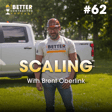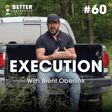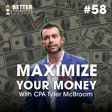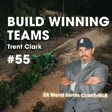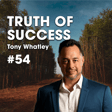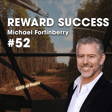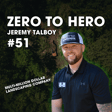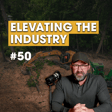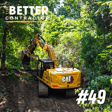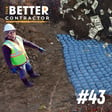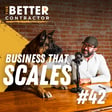
Turn your Business into a Wealth Building Machine - Interview with Antonio from the Consistency Wins Podcast
In this episode of The Better Contractor, host Brent Oberlink teams up with “The Professor” Travis to interview entrepreneur and financial strategist Antonio Vaglica, co-founder of GFG Solutions and host of the Consistency Wins podcast. From protecting your assets and trimming tax bills to building a sellable business that doesn’t eat up your free time, Antonio delivers the inside track on turning day-to-day contracting into a true wealth machine. If you’ve ever wondered how to maximize your business tax structure, use real estate to supercharge your profits, or ensure your company thrives without you in the driver’s seat, this conversation is your roadmap to consistent, long-term success.
#TheBetterContractor #FinancialFreedom #AssetProtection #TaxStrategies #WealthBuilding #BusinessGrowth #ContractorLife #RealEstateInvesting #Entrepreneurship #BusinessTips #ScaleYourBusiness #Entrepreneur #Entrepreneurship #TheBetterContractorPodcast
